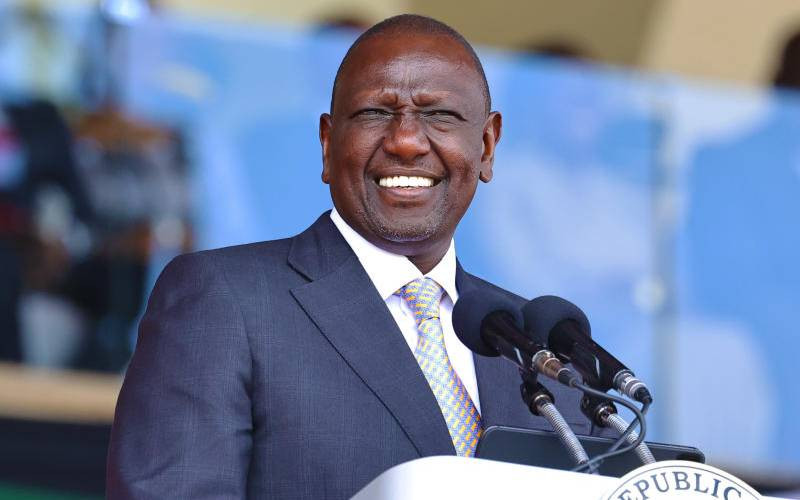- Land grabbing, or the illegal acquisition of public or private land by powerful individuals or entities, is one of the most pervasive forms of land injustice in the country.
Land is a precious and scarce resource in Kenya, where millions of people depend on it for their livelihoods and heritage.
However, land ownership and management have been plagued by corruption, injustice, and violence for decades, leaving many Kenyans landless, homeless, or insecure.
Land grabbing, or the illegal acquisition of public or private land by powerful individuals or entities, is one of the most pervasive forms of land injustice in the country.
Some of the notorious land grabbers include politicians, businessmen, religious leaders, and foreign investors, who use their influence, money, or connections to acquire land without following due process or compensating the original owners.
Land grabbing has resulted in the displacement of communities and is a violation of human rights.
Some of the most affected areas include the Coast, the Rift Valley, and Nairobi, where land conflicts have often turned violent and deadly.
Such controversial cases involve schools, hospitals, and parks; public land which is meant to serve the public interest.
One of the public land cases that has attracted national attention is the Weston Hotel saga, which involves President William Ruto.
The hotel, which is located on a 0.7-hectare piece of land along Langata Road in Nairobi, allegedly belongs to the Kenya Civil Aviation Authority (KCAA), a state agency.
The hotel has been the subject of a legal dispute since 2015. The land was irregularly allocated to a private company, which later sold it to Ruto.
The hotel has also blocked a key water canal that feeds Lake Jipe, a natural habitat for wildlife and fish in the Nairobi National Park.
In a surprising twist, Ruto has recently ordered a nationwide recovery of unlawfully acquired land, instructing the Lands Cabinet Secretary Alice Wahome to evict all illegal occupants of public land.
He has also directed the Ethics and Anti-Corruption Commission (EACC), the National Land Commission (NLC), and the Assets Recovery Agency (ARA) to investigate and prosecute all cases of land grabbing and corruption in the land sector.
Ruto has said that his order is part of his agenda to empower the common citizens and ensure that they have access to land and other resources.
He has also said that he is ready to cooperate with any inquiry into his land dealings and that he has nothing to hide.
However, Ruto’s order raises questions about his motives and the potential diversion of attention from his own land scandals. This could be seen as an attempt to portray himself as a reformer and defender which may be met with skepticm.
Additionally, some individuals may perceive the president's use of power and position to intimidate and harass his opponents as well as interfere with the independence and mandate of the land agencies.
To demonstrate leadership by example, President Ruto should start by surrendering the Weston Hotel land, which has been a subject of controversy.
The key question is whether Ruto’s land recovery order represents genuine reform or merely a a public stunt. Will it address the historical and structural injustices in the land sector, or will it create more problems and conflicts? Furthermore, will this order gain him more supporters or alienate him further from the public? Only time will tell.



-1772102940-md.jpg)


-1772090413-1772095461-md.jpg)
-1772094026-md.jpg)

-1772102940-sm.jpg)


-1772090413-1772095461-sm.jpg)